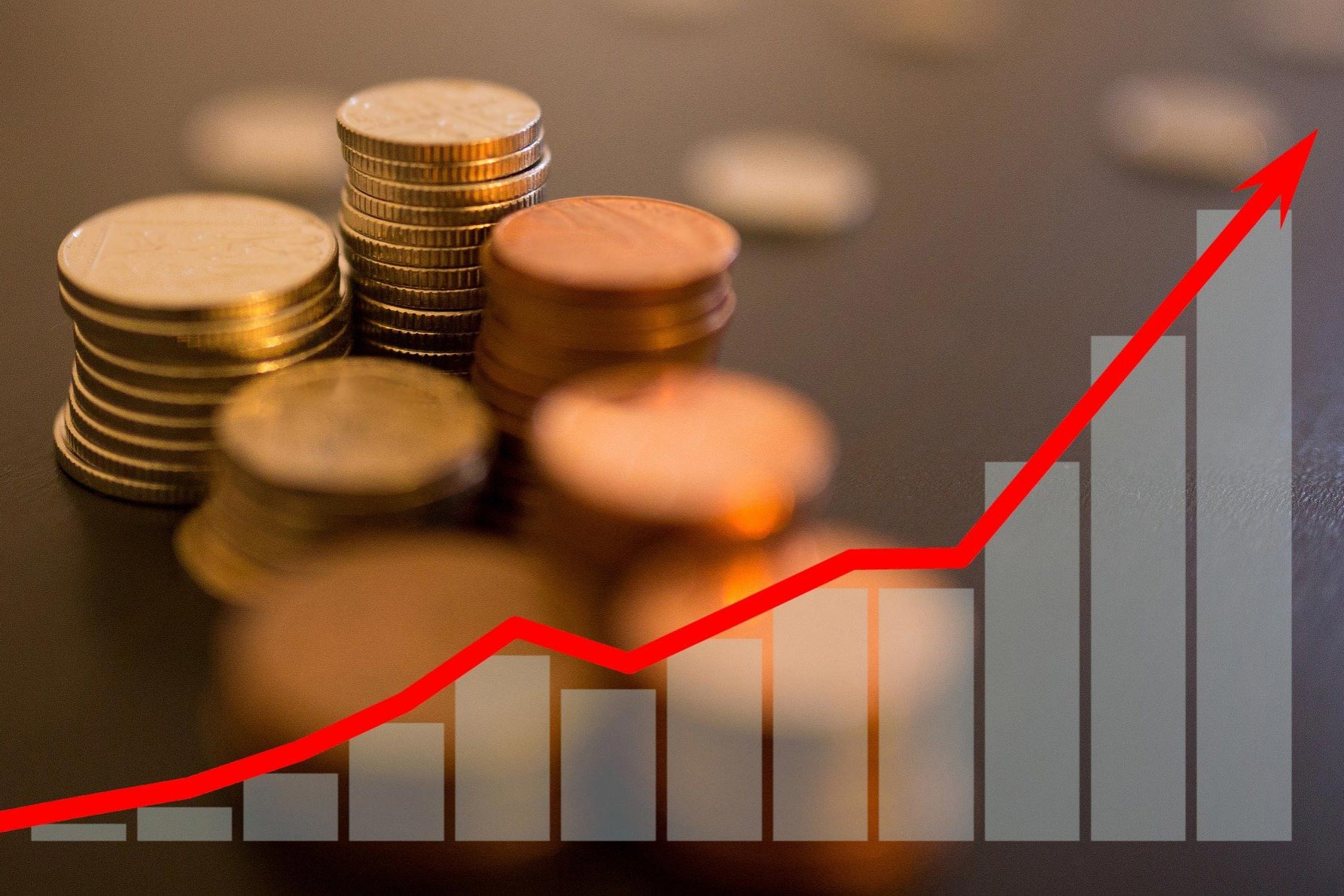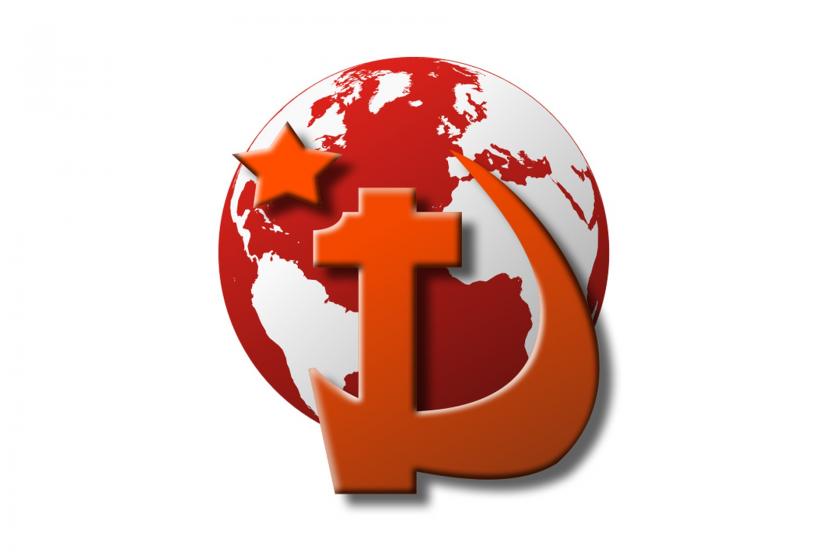Interest, exchange rate, and inflation in the context of class preferences
Since the economic line of the government is based on impoverishment, crushing under inflation and increase in exports with cheap labour, it cannot be expected to meet the demands and needs of the working class and labourers.

Fotoğraf: Pixabay
Arif KOŞAR
Turkish Statistical Institute (TÜİK) announced the December inflation figures. Annual inflation is 36.1%. In comparison to the increase (79.9%) in the cost items of producers, it is clear that the annual consumer inflation is not consistent. Besides, it has been generally accepted that the annual inflation is between 60% and 70%. Taking into account the price hikes in natural gas, hydro, fuel-oil, transportation, tobacco, alcoholic beverages, and the rise in foreign exchange rate in addition to the price hikes of others, it can be said that the rising trend in inflation will persist in the coming months.
The increase in foreign exchange rate is one of the decisive factors for the rise in inflation.
Let’s recall: Since September, the Central Bank has reduced the political interest rate step by step from 19 to 14, and in reaction to that, the foreign exchange rate and the inflation has risen sharply. The exchange rate on August 02 was 8.40 TL per USD, it shot up to 18.00TL per USD on December 20, and it dropped as low as 11.00 TL per USD following a sequence of interventions. It is currently in the range of 13.00 TL per USD.
With no general resolution to it, here is what appears to be paradoxical: Why did Erdogan and his government preferred to reduce the interest rates despite that they knew it would lead to an increase in foreign exchange rate and inflation? Was it not “to shoot themselves in the foot?”
JUNCTION
According to Nation Alliance [Bourgeois opposition alliance] and most economists, Erdogan’s theory of “Interest rate is the cause, inflation is its result” is the basic cause of the situation that the country’s economy is in. This understanding is, in some sense, normal as all decision making mechanisms are tied to a single person. On one hand, this assessment is confirmed by TL being the most devaluated money in the world (specially in recent months). On the other hand, as the actions of Erdogan and his government are assessed, it is the biggest obstacle for doing the right analysis to ignore the context of various known challenges along with the economic and political conditions they are in, and in which they made their choices.
The circle of interest, exchange rate, and inflation is not free of that challenge. The decisions made reflect, on one hand, the stakes which the capital sections have casted with AKP, and on the other, those decisions are specific manifestations of the stakes of the political groups and parties that see the staying in power is a life and death issue.
Let’s elaborate further:
In 2013, the availability of flow and wealth of international capital that AKP had enjoyed for ten years had come to an end. In May 2013, the USA Federal Bank had stopped the monetary expansion it had started after the crisis. This reduced the flow of monetary-capital directed towards “developing countries.” Until the end of 2013, Turkey had kept the interest rates low by virtue of having plenty of USD, despite the low interest rates, TL had remained valued and inflation had been kept under a certain level.
This mechanism had worked as follows: Even though the interest rates were low, it was higher than those of the established capitalist countries, and this resulted in an inflow of capital to the country. Availability of plenty of foreign currency and the low interest rates increased the opportunities for more debt, investment, and it accelerated the consumption and the economic growth happened relatively faster. The growth was naturally the growth of capital, resulting in an increase in income inequality, unemployment, and poverty. The accumulation of capital generated wealth on one hand, and poverty on the other. The situation had become very serious after tenders handed out to a handful accomplice capitalists, fraud spread everywhere, mafia style confiscations, inflow of humongous amounts of dirty money, and added to these the known “trade” with Venezuela and Colombia.
Nevertheless an illusionary prosperity atmosphere was provided with social aid and low interest credits on the basis of the means created by the economic growth. Weakness inflicted on organizing in and the control of the large section of trade-unions marginalized the class demands, class struggles/opposition. Relatively suitable international conditions provided AKP with the chance of realizing and representing the interests of all sections of the capital. In this manner, it succeeded in keeping its electoral vote above 40% for many long years.
Starting in 2013, the availability of plenty of money came to an end. Inflow of international capital diminished, and the economy politics the state power kept on for years became inoperable. In every situation AKP wanted to accelerate the economic growth through lowering interest rates, the big interest rate hikes were put in place. This was what happened in the years 2014, 2016, 2018, and 2020. It was not possible for the trio of low interest rate, low foreign exchange. and low inflation to go on any more.
There were two options in front of AKP. The first was to increase the interest rates in order to keep the capital flow into the country and therefore to drive down the foreign exchange rates and inflation to a bit lower. However, this measure would adversely affect the consumption, investments and construction at the head, and it would put a stop to economic growth. Further, the expected consequence of slowing down the growth would be an increase in unemployment and the bankruptcies in KOBI due to high interest rates. According to this alternative, both described in the IMF documents and supported by TUSIAD and Nation Alliance, a “healthy economic growth” should be targetted, some adverse costs, such as unemployment, should be accepted until after the markets settle in a balance.
The second option was to insist on low interest rates, to promote investments and consumption through low credit interest rates, as a result, to reduce the unemployment a bit and to reach higher economic growth rates. Under the conditions in which the arguments related to the upcoming general elections increased and the effect of AKP on the masses decreased, the government’s preference was the latter. Therefore, “lower interest” policy was not simply “not knowing economy.” It was a political preference that had some class and social impacts, its winner and loser.
On the government side, the reality is that it is not easy to implement those targets. As the inflow of capital had already diminished for various reasons, the immediate consequence of lowering the interest rates became higher foreign exchange rate and higher inflation. This was what the government expected and thought it could afford. The surprise was that it went out of control and the increase in foreign exchange rate went over 100%, it was an escape from TL. The stability has not yet been achieved although the foreign exchange rate hike was somehow stopped by the implementation of TL saving account on December 20, indexed to/protected against the exchange rates and by the interventions of the Central Bank. The exchange rate and the inflation are still on the rise. Commercial interest rates, on the other hand, contrary to a decrease, broke historical record high. Therefore, it is possible to say that the government’s calculations at the office have not fit to the market reality, its recent attempts have not yet resulted in any good up to now.
EXPORTERS, CONTRUCTION COMPANIES, TENDERERS...
The government policy of low interest and high exchange rates was a right move for the interests of a section of capital. However, this fraction of the capital with crucial alliance with AKP is not homogeneous.
Keeping this in mind, the existence of sections openly demanding lower interest and higher exchange rates, and their effective lobby actions indicate that the current process cannot simply be brought down to Erdogan’s “interest-exchange rate” theory.
One of these sections is exporter capitalists. The rise in exchange rate increases the profits because the credits in these sectors are in foreign exchange. Specifically the sectors, that are intensive in labour and less dependent on imports, have benefitted from the rise of exchange rates. In September 2021, a couple days before the announcement of the Monetary Policy Council of the Central Bank, the chair of İstanbul Ready Made Garment and Apparel Exporters’ Association, Mustafa Gültepe had called for increasing the foreign exchange rate, and argued that one USD was to be at least 9.00 TL in order to compensate for labour and other costs. Despite that current USD rate points to crucial risks for the rising costs and stability, the exporter capitalists have scored big gains in the short run through the guaranties/protections provided by the state.
Another section scoring gains is the construction companies. On September 28, the chair of the Central Bank, S. Kavcıoğlu had stated that the real sector had been very complaining about the high interest rate, specifically contractors had been reactive. The housing market would rise with low interest rates and the sales of millions of vacant houses would be possible. In addition, the decreasing house prices in foreign currency would increase the demand for housing from the foreigners. And that has exactly happened.
In the context of guarantees provided by the State Treasury for the third Bosphorus bridge, İstanbul Airport, other bridge and high ways, city hospitals whose construction were undertaken as projects in foreign currency by “gang of five” [five monopolies], it can be said that many companies that have united their fate with AKP, the “gang of five” at the head are also happy with low interest high foreign exchange situation.
Let it be early or on time, in such a period of approaching elections, the government has made choice which is as strategic as it is risky; it has taken up a target for an illusionary prosperity based on debt, by increasing the people’s consumption through low interest credits for a high economic growth rate. Therefore the focal point in explaining our economic situation is not “not understanding the interest-foreign exchange relation” or not “not knowing economy,” it is this political choice that was made.
ECONOMIC DEVASTATION TO RISE
Every political-economical implementation has different consequences for different sections of the society. Government, in such worsening economic conditions, has made an attempt to meet the demands of the sections of the capital, that it has united in fate with, that have a certain decisive role from the economic growth point of view. It is a separate matter that the process might not go as it expects.
For workers and labourers... Within the last year, an economical break point happened for labourers, and this process is still in progress. What happened before set aside, only in the year 2021, big price hikes happened on everything from needles to strings, tax burden increased, public services were weakened. Even though the official inflation was announced for December as 36.1%, the real inflation is a lot higher [82%]. Workers and labourers with constant income were impoverished half and half, perhaps even more in one single year. The expectations and hopes of young generations from their future have been diminished. Economic inequality and injustice have reached to such dimensions even children could see and condemn.
It cannot be expected that the demands and needs of working class and labourers would be met because the economic approach of the government is relying on the impoverishment of working class and people masses, on their oppression under inflation, and on the increase in exports of cheap labour.
Furthermore, to the contrary of the expectations, the bourgeois opposition platform is limited to returning to AKP’s earlier period in the same context of interest, foreign exchange, inflation and hot money flow. Even though a partial comfort is possible through an increasing capital inflow in a potential post-AKP period, the only thing to celebrate is not the potential formation of National Alliance government along with its economic program, but it is to celebrate the defeat of AKP in the process of establishing fascism.
It is not the political struggle of this or that fraction of capital going beyond these two bourgeois lines, but unless a political struggle will not get stronger taking into its centre the needs of labouring people, it does not appear possible to get out of the circle of interest-foreign exchange that is oppressing the labourers.
Forwarding to the next article...
10 seconds remaining







Follow Evrensel